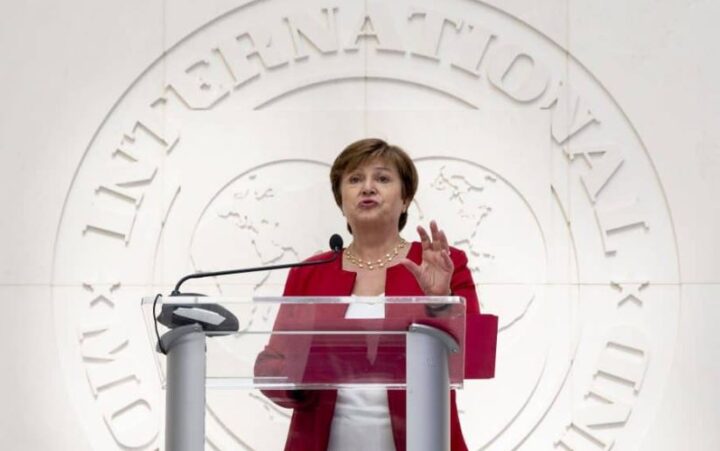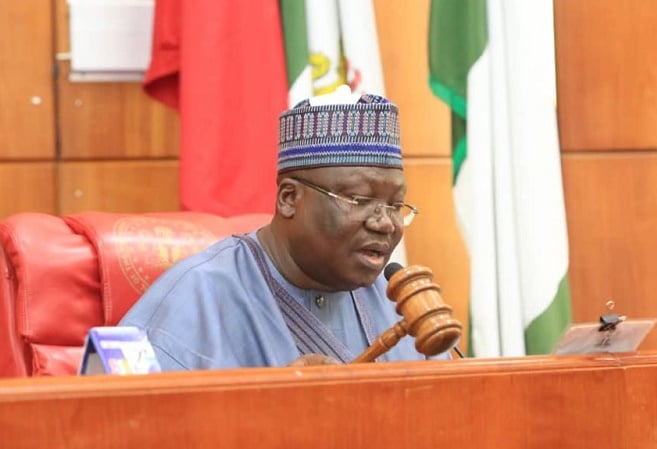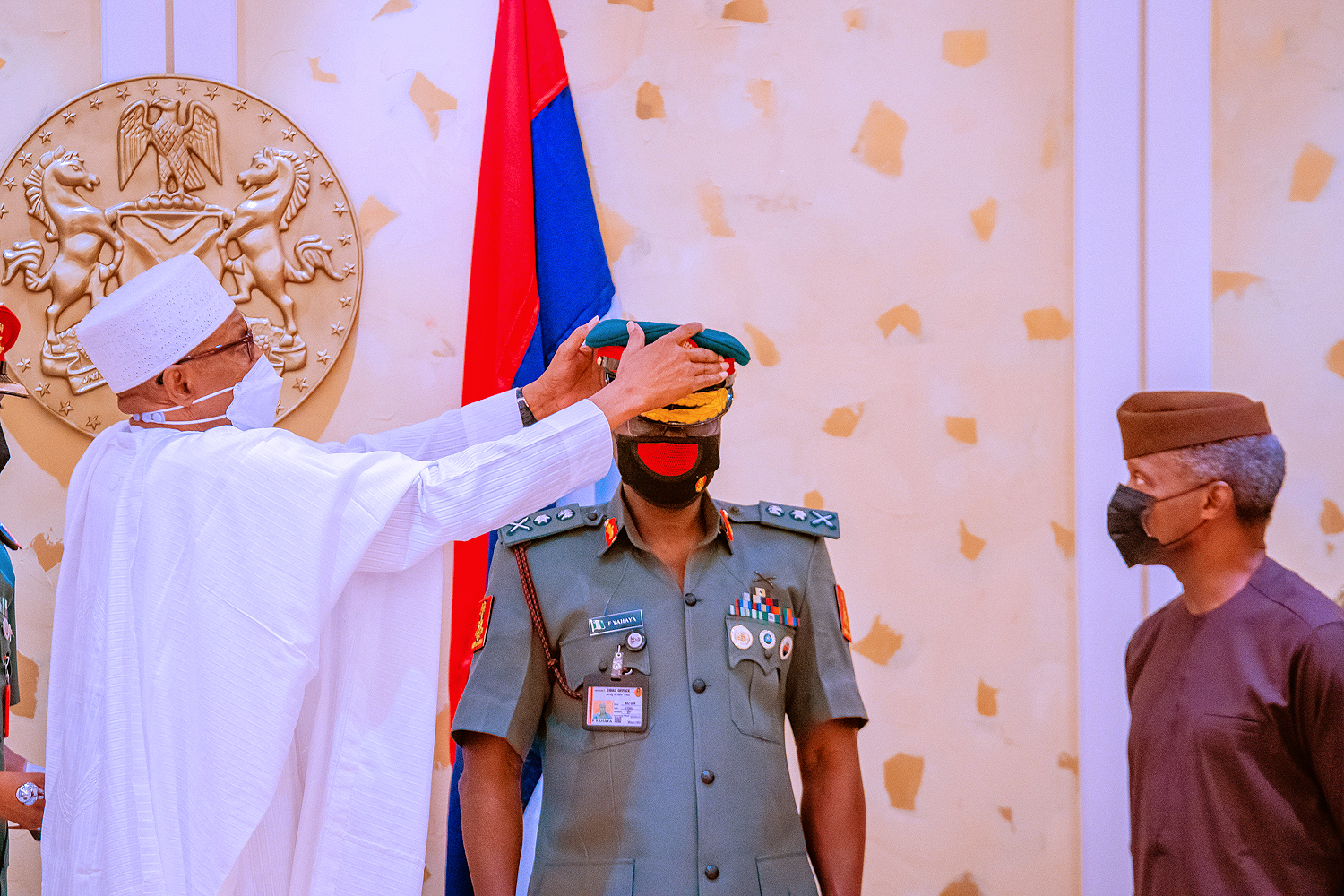President Muhammadu Buhari has inaugurated a 1.52 megawatts-peak (MWP) and 2.28 megawatts-hour (MWH) solar microgrid system for the ministry of works and housing and the ministry of environment, in Abuja.
The president who was represented by Boss Mustapha, secretary to the government of the federation ( SGF), said the energy will engender a more conducive working environment for workers while making room for better efficiency and quality service delivery.
He said the government is committed to the Climate Change Agreement to reduce carbon emissions and save the planet from global warming while also delivering solar energy alternatives locally and internationally.
The president said the project will impact positively on small and medium enterprises (SMEs) scale businesses, market places, offices and university environment and promote Nigerian economy, as well as create jobs.
Advertisement
“This 1.5MW solar farm, which is the largest solar project for a public building in Africa will enable us to reduce carbon emissions and we are proud that we are contributing to saving the planet for future generations,” he said.
“We have just embarked on a 150MW of Solar power on the Maiduguri axis to help address the issue of electricity supply along the axis, while enhancing business activities through renewable energy,”
Babatunde Fashola, minister of works and housing, said the project was approved by the federal executive council (FEC) on March 20, 2019 at the time when the ministry of power was part of works and housing.
Advertisement
Fashola said they delivered based on the mandate of FEC, a 1.52 megawatts solar system that will provide uninterrupted power supply to five blocks housing works, environment and lands ministries.
He said the solar system will reduce the average diesel consumption “from 764,248 litres per annum to 166,825 litres per annum and cost savings of N270,945,000 over 20 years” as well as contribute to reducing government operational expenses and recurrent expenditure.
Fashola said the solar system has led to the upgrade and retrofitting of the ministries electrical appliances by replacing 400 old air-conditioning units with new inverter-based energy efficient ones as well as 2600 old light fittings with energy efficient light-emitting diode (LED) ones.
Amina Mohammed, the deputy secretary general of the UN, said the inauguration is essential for Nigeria’s transition to renewables as over 750 million people in the world still lack access to electricity.
Advertisement
“This is why we need to be grateful for this launch ceremony today which highlights Nigeria’s commitment to the energy transmission with renewables. It is a kind of responsive action that we need,” she said.
“This project launch today is the expression on the kind of innovation on efficiency and renewables that the world needs, but much more importantly the partnerships that are required.”
Advertisement
Add a comment






